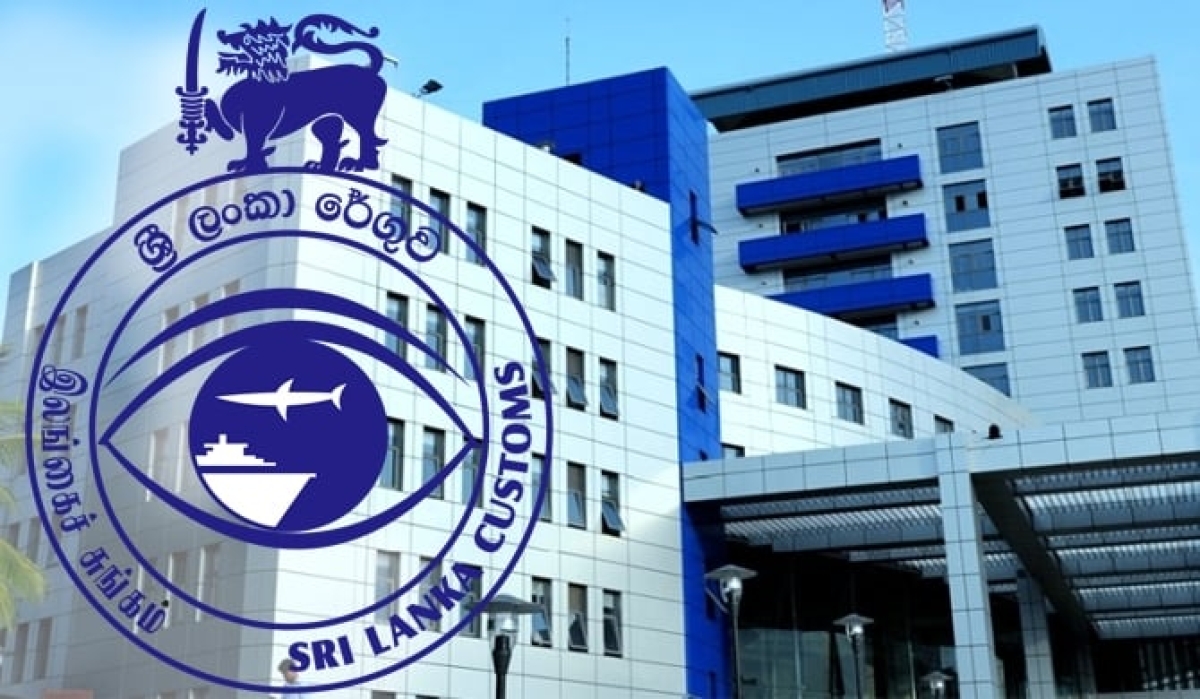A recent report published by the National Audit Office has shed light on the substantial sums paid as salary overtime incentives to Sri Lanka Customs officials, surpassing 3,200 million rupees in total.
The report indicates that during the past year, more than 3,200 million rupees were disbursed as salary overtime incentives to a workforce of 2,277 Sri Lanka Customs officials. These incentives were sourced from various channels, including over 2,140 million rupees from the government's consolidated fund, customs overtime cargo inspection fees, and more than 1,060 million rupees from the information technology communication fund.
However, the report points out a critical issue – the lack of submission of fingerprint records as verification proof for the reported expenditure. This discrepancy raises questions about the transparency and accountability of the funds allocated for salary overtime incentives.
Upon further examination, auditors discovered that employees from four Customs divisions were routinely reporting for duty every day, including weekends and public holidays. These dedicated workers were consequently eligible for overtime allowances, which, in some cases, extended to a full twenty-four hours per day, even without proper documentation of their arrival and departure times.
The audit report also reveals a significant concern regarding outstanding tax dues to Sri Lanka Customs from various institutions, amounting to over 23,230 million rupees. Notably, 16,070 million rupees represent special merchandise tax, a substantial portion of the total outstanding tax revenue.
Further adding to the fiscal challenges, the audit report identifies an irregular income of over 16,060 million rupees from the year 2019 and previous years. This income has yet to be recovered as of the end of 2022, raising questions about revenue collection and financial management within the Sri Lanka Customs department.
The findings outlined in this report emphasize the importance of transparent financial practices and oversight in the public sector, calling for measures to address the issues related to salary overtime incentives and outstanding tax payments.










